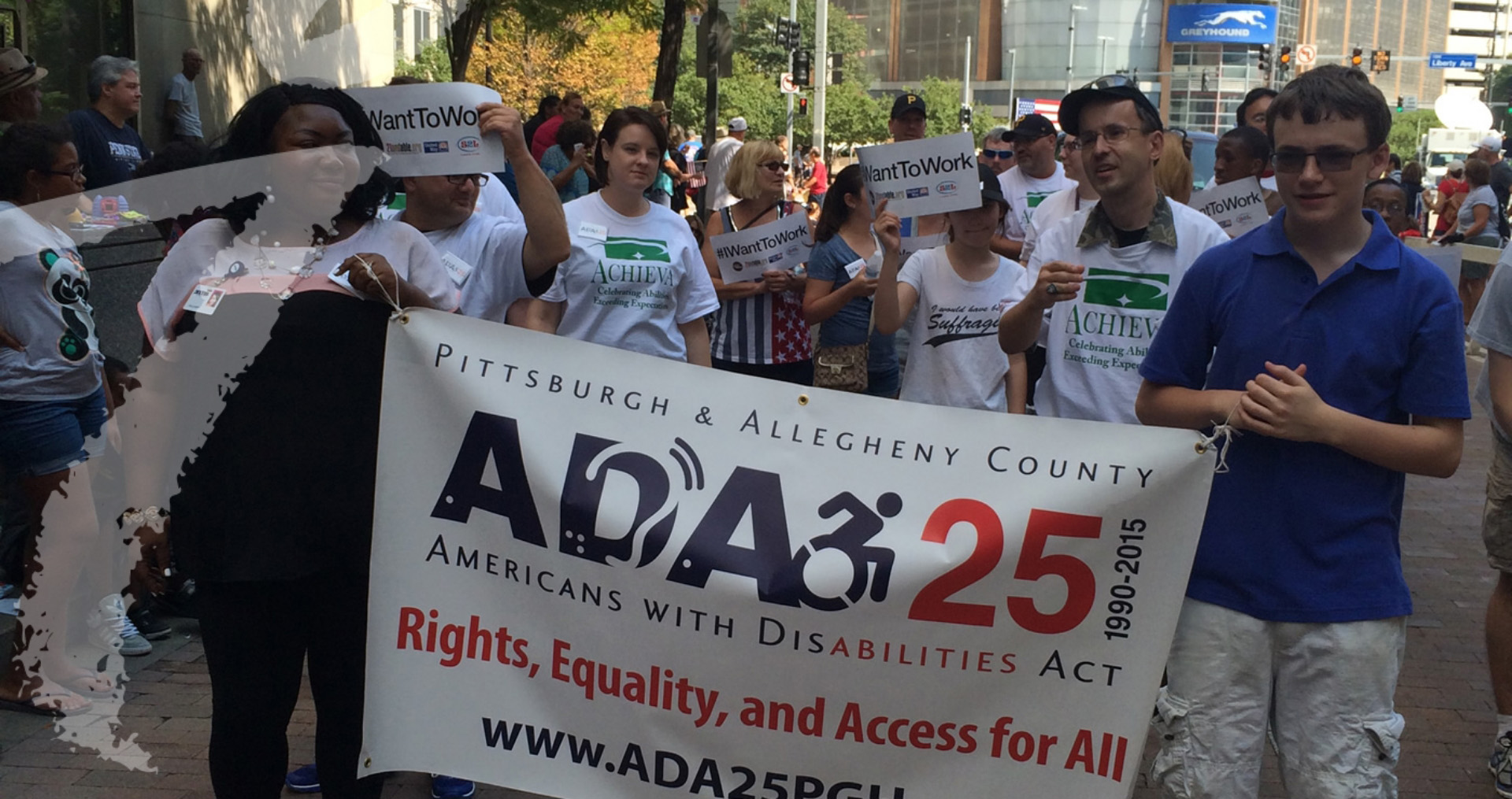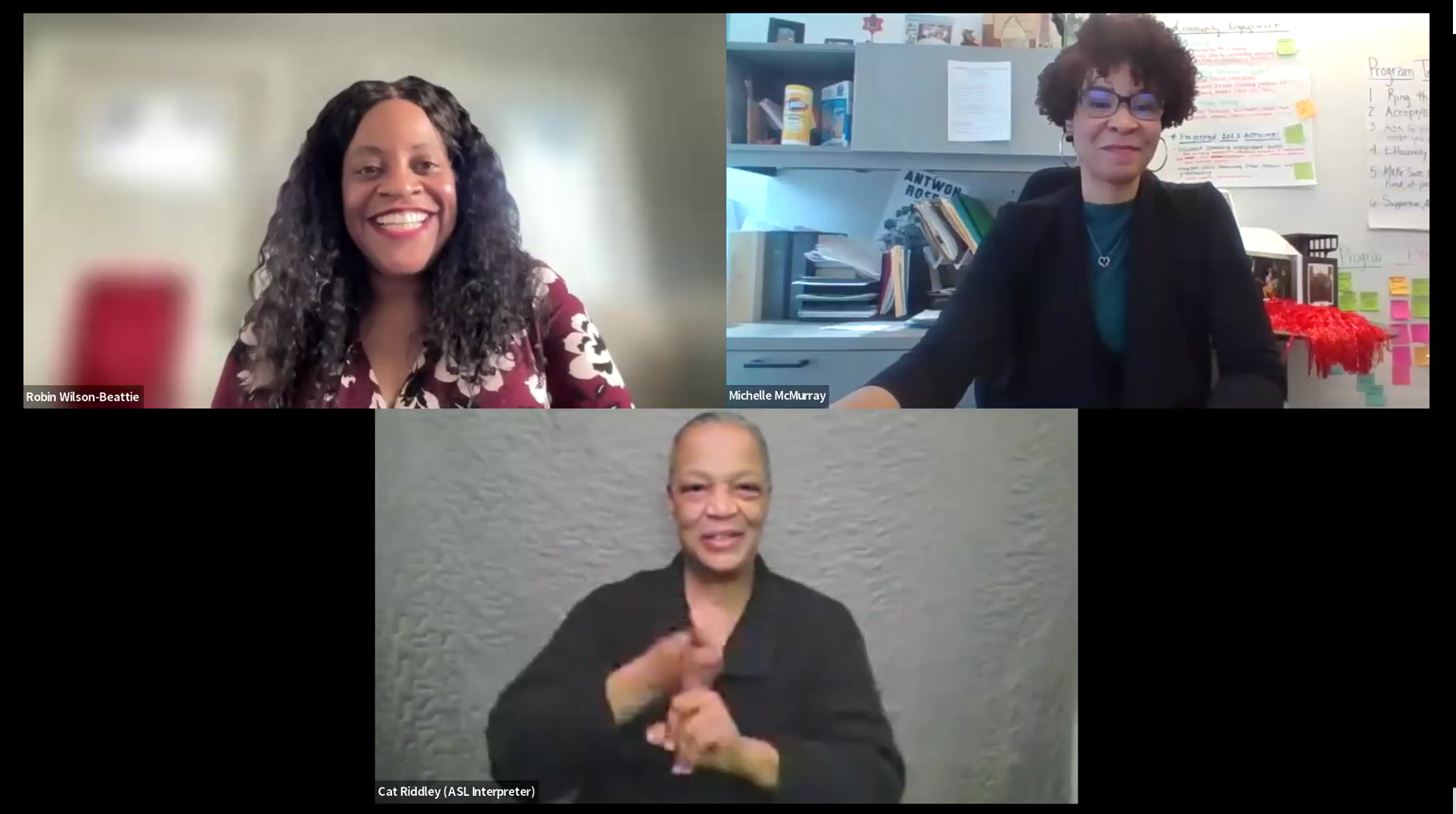On March 14th, 2024 the RACE+DISABILIITY series presented a webinar titled “Reproductive Justice and Disability Justice: The Intersectional Struggle for Autonomy and Equality”. The webinar featured esteemed disability and sexuality expert Robin Wilson-Beattie in conversation with Michelle McMurray, Vice President, Program and Community Engagement at the Pittsburgh Foundation. Robin shared definitions, examples, and personal stories to show how reproductive justice and disability justice are intertwined. Below is a recap of the webinar and the key points that Robin made:
Reproductive Justice and Disability Justice
Reproductive justice has 3 core tenets: the right to have a child, the right not to have a child, and the right to parent a child or children in healthy and safe environments. Disability Justice recognizes the intersectionality of disabled people who belong to additionally marginalized communities. Robin notes that culture and identity impact how you move and exist in the world, making everyone’s individual experience different. Her experience as a Black, disabled women is different than the experiences of able-bodied women or non-Black disabled people. She noted how disability often gets left out of reproductive justice.
History of Reproductive Injustices and Ongoing Barriers
Robin explained how ableism and misinformation about people with disabilities is baked into the healthcare system. She talked about the long history of reproductive injustices and sexual violence women of color with disabilities have faced, including forced sterilization. She pointed out how today women with disabilities are less likely to receive pap smears and mammograms due to barriers that make it inaccessible. Robin shared her experience of being pregnant while having a spinal cord injury, and the discrimination she faced during this time from healthcare providers as a Black, disabled woman.
Forced Sterilization is Happening Today
Women with disabilities are more likely to be forced or coerced into sterilization. Robin explained how the supreme court case Buck v. Bell is used to justify sterilization of women with disabilities today. Current policies and practices uphold the belief that disabled people are unable to make medical decisions and decisions about their body.
A Call for Accessible Healthcare and Comprehensive Sex Education
Robin ended the webinar with a call to action for healthcare to be more accessible. She called for accessible facilities and information materials, training of healthcare professionals, and comprehensive sex education for young people.
View Recording and Additional Resources
Along with the webinar recording, the RACE+DISABILTY team created a resource guide with links to podcasts, articles, and reports that expand upon the topics discussed during the webinar. This resource guide is meant to encourage organizations to engage in disability and reproductive justice advocacy. Plus, we got to sit down with Robin again to answer more audience questions from the webinar! Check out these great resources below:


